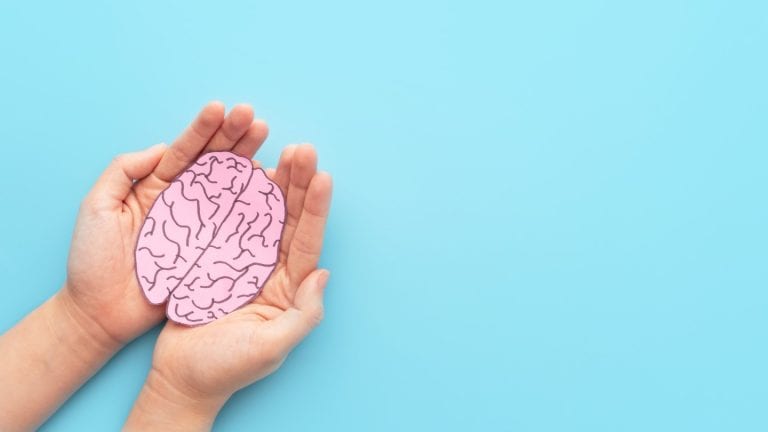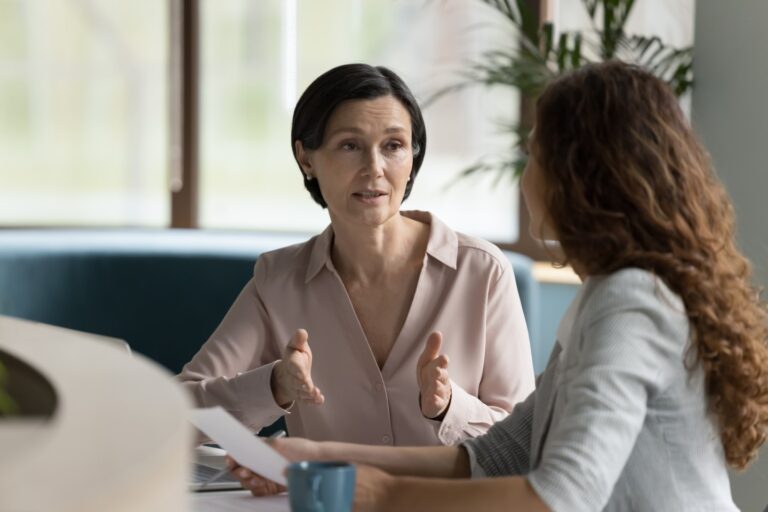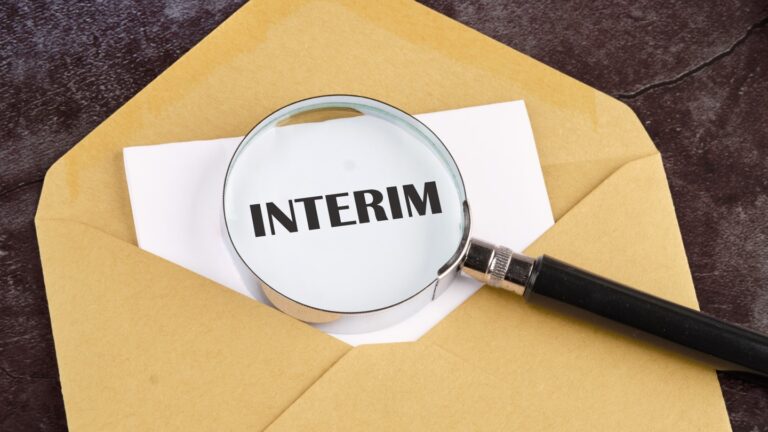Neurorehabilitation at home – the new ’normal’?
COVID-19 has forced us to reconsider how we live our lives and to become creative in delivering our needs. I’ve been keeping a close eye on how COVID-19 has affected those with a brain injury, whether this be in respect of how our clients’ legal claims have progressed or tips for brain injury survivors during social-distancing.
Since the pandemic started, I’ve been thinking about how COVID-19 has impacted brain injury survivors who still need medical care – whether this be immediate attention or follow-up monitoring.
Undoubtedly, COVID-19 has put serious pressures on our healthcare system. With limited resources and hundreds of thousands of people affected, there have been understandable stresses about how patients can receive the treatment they need.
In May 2020, NHS England reported a drop by 57% in A&E attendances in April 2020, as compared to the year before. Of course, this is understandable given the recent guidelines on social distancing and concerns about the spread of the virus. The concern here is that those with medical conditions other than COVID-19, who still need immediate attention, may not be receiving it.
A brain injury is a medical emergency and time is of the essence. Ensuring patients receive treatment as quickly as possible, followed by an appropriate programme of neurorehabilitation, allows them the best chance of recovery. The importance of neurorehabilitation can often be overlooked, but provides a crucial element in brain injury recovery. My colleague, Victoria, has written an insightful piece about the place of rehabilitation in brain injury, should you wish to read more.
Brain injury charity Headway say:
Unlike most other cells in the body, brain cells do not regenerate when they are destroyed. However, this does not mean that no recovery can occur. The brain is somewhat flexible and is able to reorganise itself, to an extent, in order to regain lost function. This is known as brain ‘plasticity’.
During recovery, other areas of the brain take over the activities of the damaged areas and new nerve pathways can be established using undamaged brain cells. Engaging in activity helps these alternative pathways to develop.
Rehabilitation aims to help the brain learn alternative ways of working in order to minimise the long-term impact of the brain injury. Rehabilitation also helps the survivor and the family to cope successfully with any remaining disabilities.
Of course, the programme of neurorehabilitation, and its success, will vary depending on the actual injury sustained. No two injuries are the same, and with brain injury we also need to be mindful of how a specific injury can affect one person in a way it may not another. However, it is generally accepted that successful neuro-rehabilitation is time sensitive and that the immediate few years after an injury is first sustained are crucial in terms of getting the best chance at recovery.
To balance the need to care for survivors of brain injury against the need to free up beds for COVID-19 patients, UCL announced in April 2020 that they had created a programme of virtual neurorehabilitation, which would be provided at-home instead of at the hospital. The project, supported by NHS England guidelines and the charity SameYou, will mean that:
- Brain injury patients are discharged home for rehabilitation, within around two weeks of their admission.
- Instead of home visits from rehabilitation teams, rehabilitation, for both physical and emotional recovery, is provided remotely with the use of small virtual group sessions. “The sessions, led by trained therapists, will cover physiotherapy, occupational therapy, speech and language therapy, cognitive strategy, fatigue management and emotional support. Further options for virtual rehabilitation include one-to-one video consultations, use of existing accredited apps […] and exercise videos […].”
Emilia Clarke, an actress who set up the charity SameYou, said:
“For people who’ve had brain injuries and strokes, rehabilitation and recovery is often the forgotten part of care – but it’s a vital part of recovery.
“At the moment patients who are leaving hospitals early, will be lost without the expert help and care of teams like those at UCL, which is why this virtual rehabilitation project could be so valuable.
“It’s a chance to deliver something new, while other patients affected by coronavirus are rightly being given the care and support they need in hospitals.”
It’s exciting to see developing innovations in the world of brain injury care and it will be very interesting to see the outcome of this pilot study. Of course, virtual access to any kind of support during a global pandemic is crucial. People will continue to suffer brain injuries during this time, and will continue to need care. If this programme is deemed a success, there’s no reason why it should be stopped once social-distancing rules cease to exist. It frees up capacity within hospitals, limits time spent on travel for rehabilitation teams and allows patients to access therapy from the comfort of their own homes and at the touch of their fingertips. It could be a real win-win to ensure patients received continued care in an accessible manner.










